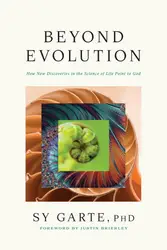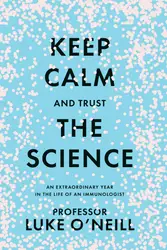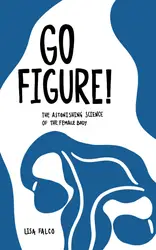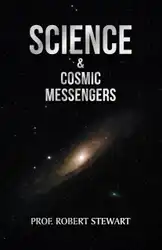Francis Bacon - a leading figure in the history of science - never made a major discovery, provided a lasting explanation of any physical phenomena or revealed any hidden laws of nature. How then can he rank as he does alongside Newton? Bacon was the first major thinker to describe how science should be done, and to explain why. Scientific knowledge should not be gathered for its own sake but for practical benefit to mankind. And Bacon promoted experimentation, coming to outline and define the rigorous procedures of the 'scientific method' that today from the very bedrock of modern scientific progress. John Henry gives a dramatic account of the background to Bacon's innovations and the sometimes unconventional sources for his ideas. Why was he was so concerned to revolutionize the attitude to scientific knowledge - and why do his ideas for reform still resonate today?
Commencez ce livre dès aujourd’hui pour 0 €
- Accédez à tous les livres de l'app pendant la période d'essai
- Sans engagement, annulez à tout moment
Auteur(e) :
Série :
Icon ScienceLangue :
anglais
Format :

Beyond Evolution : How New Discoveries in the Science of Life Point to God

The Science of Everyday Life

Astrophysics and Creation : Perceiving the Universe through Science and Participation

Turing and the Universal Machine (Icon Science) : The Making of the Modern Computer

Keep Calm and Trust the Science : An extraordinary year in the life of an immunologist

Go Figure! : The astonishing science of the female body

Eureka! (Icon Science) : The Birth of Science

Schrödinger’s Cat Smile

Science : 100 Scientists Who Changed the World

About Time : Cosmology and Culture at the Twilight of the Big Bang

Pendulum : Leon Foucault and the Triumph of Science

Science & Cosmic Messengers

Michael Faraday and the Electrical Century (Icon Science)

The Comet Sweeper (Icon Science) : Caroline Herschel's Astronomical Ambition

Eureka! (Icon Science) : The Birth of Science

Atom (Icon Science)

Written in Stone (Icon Science)

Sex, Botany and Empire (Icon Science) : The Story of Carl Linnaeus and Joseph Banks

Turing and the Universal Machine (Icon Science) : The Making of the Modern Computer

Frank Whittle (Icon Science) : The Invention of the Jet

An Entertainment for Angels (Icon Science) : Electricity in the Enlightenment

Science and Islam (Icon Science) : A History

